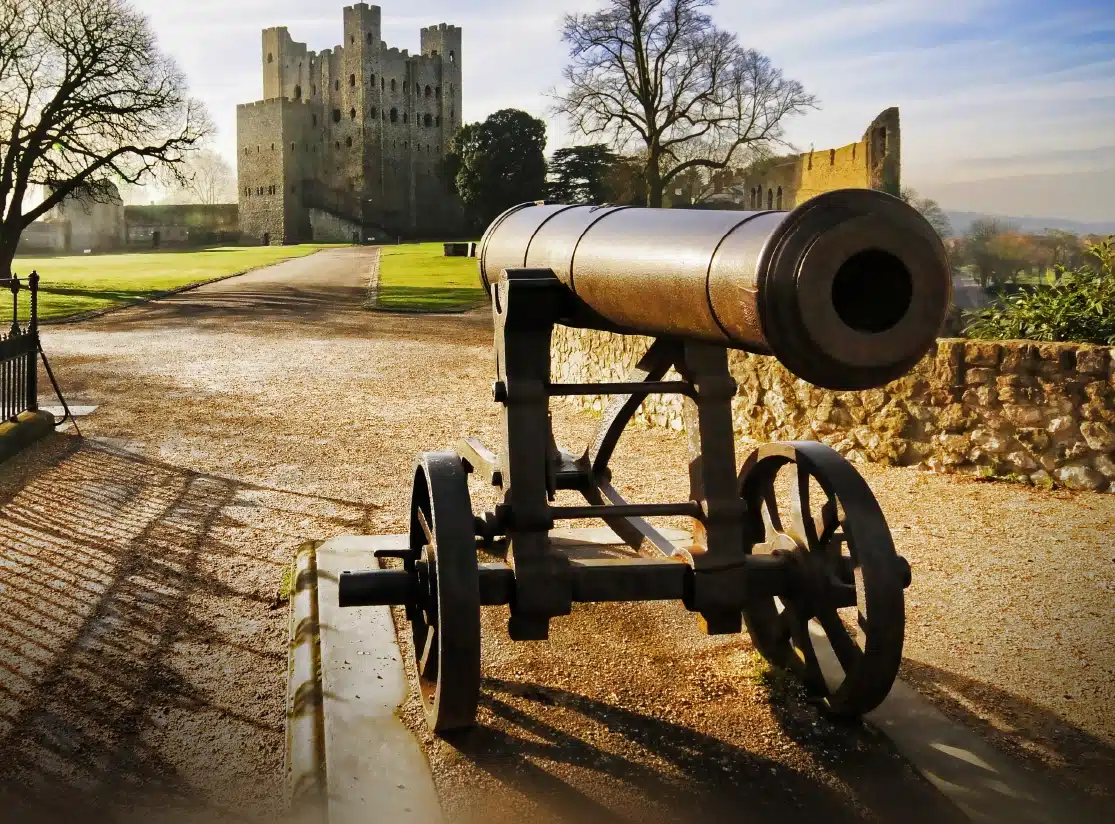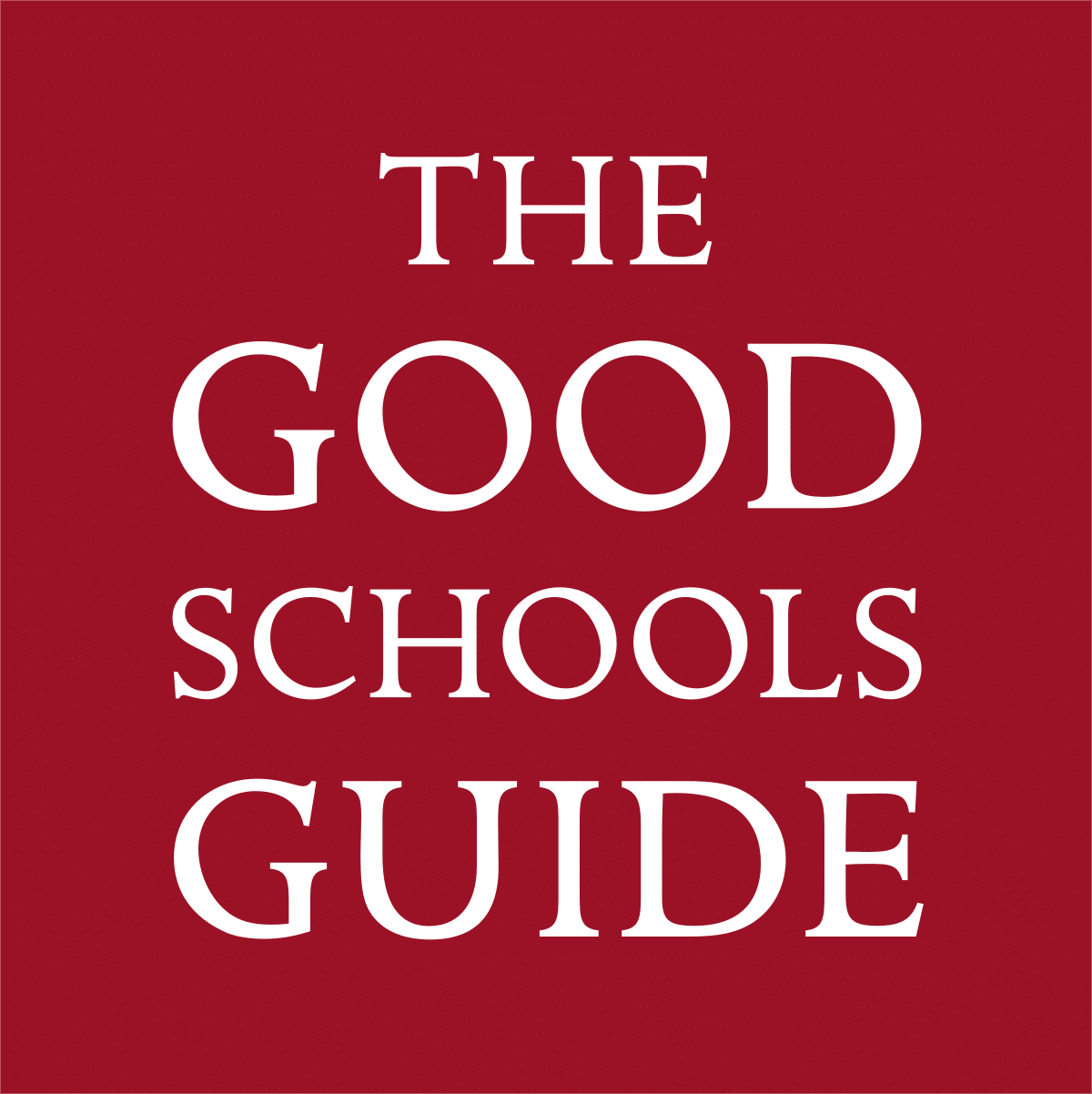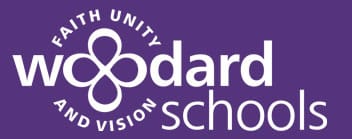Pupils will follow a Modern and Early Modern outline consisting of the following areas:
- Liberals, Conservatives and the Rise of Labour 1846–1918
- France 1814 – 1870
- Popular Culture and the Witchcraze of the 16th and 17th Centuries
- Topic-based essay (3,000 – 4,000 words)
Unit 1
A British unit of study and enquiry making up 25% of the overall A level marks. The examination for this unit will be 60 minutes long and will comprise a source-based task and an essay-based piece of work.
Y111 Liberals, Conservatives and the Rise of Labour 1846-1918 examines a period of huge political and social upheaval, with the increasing push for reform in Britain, and greater equality for the working class. Alongside the work of Gladstone, Disraeli and Lloyd George, the unit looks at the struggle to adapt to a rapidly changing world, where the British Empire’s dominance is under threat.
Unit 2
A non-British period study which makes up 15% of the overall marks and is essay-based in the examination, which is an hour long.
Y214: France 1814-70 looks at France’s turbulent history after the French Revolution and fall of Napoleon Bonaparte, with the search for a successful government in a new age. Going through monarchs, republic, revolution and a surprise new emperor, the unit also tracks France’s place amongst its rivals in the post-Bonaparte world.
Unit 3
A thematic study and an interpretation covering a period of at least 100 years and three in-depth studies of events, individuals and issues that are important within that period. This paper makes up 40% of the A level and is examined over 2 ½ hours.
Unit 4
A 3,000 – 4,000 word essay on a topic recommended by the staff and Board. The pre-agreed essay titles are on the Holocaust, supported by multiple resources and staff expertise. This is an internally-assessed unit later moderated by the Board, worth 20% of the overall A level.
Pupils benefit academically from the breadth of historical study as well as studying a variety of interesting historical contrasts. The course is designed to give pupils opportunities to:
- acquire knowledge and understanding of the human past.
- investigate historical events, people, changes and issues.
- develop understanding of how the past has been presented and represented.
- use historical sources critically in their historical context.
- draw conclusions and appreciate that these and other historical conclusions are liable to reassessment in the light of new and interpreted evidence.
Candidates contemplating studying History should be aware that A Level requires pupils to write at much greater length than at GCSE. Good essay writing skills are essential to A Level success. Therefore, at least grade 6 in GCSE History and grade 6 in English Language is recommended.
A qualification and knowledge of History is useful preparation for a number of careers. The argumentative and analytical skills that are learned in History are essential in particular jobs such as Law, Journalism, Broadcasting, Government, Politics and Civil Service.
In addition, many companies are now actively looking for pupils who have taken History at A Level and beyond, because their training and skills particularly fit them for careers in management and administration. Whatever you decide to do, to understand anything properly you must have knowledge of its past and the ability to interpret it. An A Level in History is never wasted.
Examination Board: OCR
Specification: H505
Dr K. Thomson – Head of History & Politics
SIXTH FORM












